In this interview with Gbaramatu Voice Newspaper in Kano, North West of Nigeria, Prof. Tosan Blessing Harriman, a distinguished scholar, academic activist and a social crusader of the Niger Delta while speaking on the proposed Niger Delta dialogue with the federal government have stated in this interview that, massive development, youth empowerment, employment and the immediate kicks starting of the Nigerian Maritime University, Okerenkoko will go a long way in addressing the current insecurity challenges faced in the country. Prof. Blessing also stated that the federal government should not go too far in searching for Peace instead than to concentrate on how to reconcile with the ex warlord Tompolo, according to him, making peace with Tompolo will naturally address some of the issues while calling for fiscal federalism and a master plan for the development of the Niger Delta Region. Excerpt:
Can you tell us more about yourself!!!
My names are Tosan Blessing Harriman. My Dad and Mum hail from both sides of the Urhobo and Itsekiri ethnic spectrum, whereas my Dad is from Ogharefe in the Ethiope West Local Government Area, my Mum is from the Sagay Family whose parents were able to settle in AmuoEgbedi in Amuokpe in Sapele Local Government Area of today’s Delta State. I spent most of my teen Life in Sapele where I worked as ‘Bridge boy’ in the sawmills of Ogu anja and later as a Bus conductor , all these I did in the bid to get a secondary and a University Education. I remember vividly well that the only girl I thought I could be close to, rejected my relationship because she felt that being a Bus conductor did not fit into her social nicety, but long afterwards, our parts met again at the University of Nigeria Nsukka, where I went to do an excursion for the Nigerian Universities Commission and was teaching a year three class, where she was a student. The event that followed that meeting typified how quickly roles can change if the subjects of hope can dare to persevere. Today I am a Professor of Comparative Dialectics and a University Teacher. I am the Proconsul of the Center for Advanced Social Studies Kano and a fellow of the Council for the Development of Social Science Research in Africa (CODESRIA) Dakar and the Institute of the Black world Tuskegee, Alabama.
What is your take on the proposed Niger Delta dialogue team with the Federal Government?
My response is clear and unambiguous. The proposed dialogue is a most welcome positive development for all the stakeholders. The Niger Delta region, the Federal Government and the national economy. The on-going economic recession is attributable to several factors but central to all these factors, is the drastic decline in the volume of crude oil production coupled with the sharp decline in the International price of crude oil. The proposed dialogue for peace is a unique opportunity for all the stakeholders to explore the alternative strategy for a harmonious resolution of all contentious issues. The desirability of peace over war is encapsulated in the emotion-laden statement by the president of Colombia Juan Manuel Santos when, in September this year, Colombia signed a historic peace agreement with Farc… the revolutionary armed forces of Colombia… After more than five decades of war….”what we sign today is a declaration from the Colombian people before the world that we are tired of war…that we don’t accept violence as a means of defending ideas” the proposed dialogue for peace therefore could not have come at a more auspicious time . But we must be careful not to turn the present efforts into some kind of jamboree where people gather for the sake of it to share monies and leave the core issues unattended to. The adoration of triviality in recent times has resulted in a deplorable lack of radical commitment, a kind of aimlessness and nihilism among the different interest groups who always will prefer to work outside of the apocalyptic intimations of the core stakeholders, which suggest an absence of a moral consensus, an easy escape into egoism, mysticism, pessimism and hedonism. I have no problem with traditional rulers and chiefs who are largely agents of government lead the negotiations with the government, but we will have a problem here. Before the Chibok girls were released why did the government of Nigeria chose to use the Swiss government, the Red Crescent to negotiate on its behalf and not the emirs? How many of these traditional rulers and chiefs or other delegates actually know the people they are negotiating for? Until we begin to look at a more practical plank where a one to one commitments are obtained from the core critical stakeholders we will be wasting out time doing the usual Nigerian political thing. You want sustainable peace in the Niger Delta, don’t go too far to get peace, just call high Chief Government Oweizide Ekpemupolo aka Tompolo into a direct line communication on the contentious issues and all these back and front movement will be resolved on the same day.
What are the areas you would want the Federal Government to address?
The key areas the federal government should address are basically the negative impacts of oil and gas exploration and exploitation bordering on the people and their economic survival as well as the environment. Issues that must be tackled expeditiously have to do with ….Youth unemployment ….Environmental degradation ….Economic sustenance of the people of the Niger Delta by putting in place adequate measures to mitigate the negative impacts of oil exploitation on farming and fishing.Development of social infrastructures such as roads, schools, health and medical facilities. The immediate and unconditional proclamation for High Chief Government Oweizide Ekpemupolo aka Tompolo for whom a most frivolous charge was framed against by the EFCC bordering on flawed illogical juxtaposition of the facts in issue, contrived through contemptible hearsay and political rumor mill, to return to normal life so as to get him assist the government to stem the tide of the unrest in the oil river. The take-off of the Nigerian Maritime University at Okerenkoko, for which NIMASA has provided for an enduring world class facility to enable the University commence its charter classes at Kurutie pending the full completion of infrastructural facility at the Okerenkoko campus.
What are your suggestions for sustainable peace in the Niger Delta region?
We have mentioned above some of the critical areas that must be addressed, namely youth employment, environmental remediation, support for the economic sustenance of the people of the region and conscious and sustained development of social infrastructure.A proclamation on the Tompolo issue and the immediate statutory take off of the Nigerian Maritime University. These measures should, in addition, be carried out with the full complement of adequate political representation of the people of the region in the political structure and decision making mechanism of the country. Part of the reasons for the militancy and restiveness in the Niger Delta is the perceived lack of adequate representation in the political governance structure of the country. There is the entrenched general feeling that whereas the natural resources from the region..Oil and Gas..provide the economic lifeline and backbone for the nation the socio-economic and political recognition and privileges enjoyed by the Niger Delta region are grossly not reflective of or proportionate to the enormous sacrifice by the region. Come to think of it, Benue state is called the food basket of the nation, if the foodbasket refuses to give us yam, we can go to other places to get yam, its composite relevance is vitiated by comparative terms in multi sector consideration, but the same cannot apply in the Niger Delta, if it refuses to give its oil there will be no economy and by extension no nation. The issue of diversification to a post oil era economy is not a wait and get game, it will take years of enduring and sustainable planning, so that we don’t lose the corpus of our nation we must accord the Niger Delta the priority of attention it deserves.
Activists of the region have often called for a master plan development of the Niger Delta in ending militancy. How do you see this and what is this master plan all about?
I totally agree that only a comprehensive master plan development of the Niger Delta region will bring an end to militancy in the region. Over the years, there have been plans for the development of the region engineered and executed at various levels of Government…Federal, State and Local. Including efforts and contributions by other agencies such as the NDDC. However these plans cannot technically and rightly be described as master plans. A master plan must be comprehensive enough to incorporate all the critical elements for the holistic development of the region… Natural resources, human capital, socio infrastructures and financial capital. What I consider an effective master plan must have the following critical components: …Continuous exploitation of the God given natural resources…oil and gas.. With very minimal negative impact on the environment.
…Aggressive human capital development plan …Comprehensive development of socio infrastructures …Massive inflow of financial resources to support the exploitation of oil and gas but with concomitant positive impact on the economic life of the people of the region
…Development of associated industries alongside with the exploitation of oil and gas… Ports development, construction, dredging, pipe coating, petrochemicals, fertilizer, marine transportation etc. It is within this context that we make bold to say that the strategic importance of the Maritime University in Okerenkoko cannot be overemphasized. The master plan must further recognise a consult of critical stakeholders like Tompolo who must be given a statutory consultative authority from where activities of the oil river can be closely monitored. I laughed recently when the Nigerian Navy said it has discovered 32 creeks it wants to heighten its surveillance. You don’t discover creeks like Mungo Park was said to have discovered the mouth of the River Niger, an historical issue I don’t believe he did.. Creeks are created and only exist as long as you want to use them for marine thorough fare the Nigerian Navy should save its strength to safegaurd the Nigerian international water ways if it can and not meddle into an area it does not enjoy comparative advantage. I was in the oil river recently and I saw military personnel on gun boats selling out the fuel given them to run the gun boats to monitor the river to the locals. How does this sort of activity dovetail to helping the government achieve its purpose in the oil river?
What is your message to the Niger Delta negotiation team?
Negotiate. Negotiate. Negotiate. They should vigorously articulate their position in consonance with the overall long-term development vision and strategic objectives of the Niger Delta region.I will round up my simple but pungent answer with a quote from one of the several famous statements by a late general and Chief of Staff of the United States of America, Douglas Macarthur (1880-1964). “I have known war as few men now living know it. It’s very destructiveness on both friend and foe has rendered it useless as a means of settling international disputes”
How important is this dialogue in ending militancy in the region?
I have always held the strong position that the most effective strategy to end militancy in the region is through dialogue. The truth is that militancy will always result in the destruction of critical oil and gas infrastructures and consequently decline in crude oil production and revenue to the nation, the Niger Delta region inclusive. However, deployment of the military to the region to repel militant attacks will compound the problem and lead to even more devastating consequences. With all the military built up, driven through different code names in the area, you still have wanton increase in the level of pipeline vandalization. The late President Umaru Musa Yaradua used this strategy effectively. His model should be revived, reviewed where necessary and applied comprehensively without further delay.
What are the issues you would want the Niger Delta negotiation team to present before the President?
Do you also support the call for fiscal federalism?
Support Quality Journalism in the Niger Delta Region
Join us in our mission to bring development journalism, cultural preservation, and environmental awareness to the forefront. Your contribution makes a difference in the lives of the people of the Niger Delta. Donate today and be a part of the change!



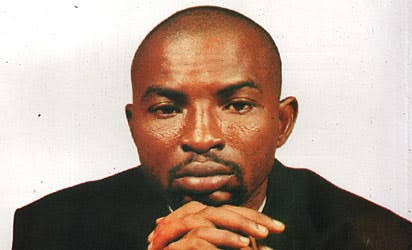
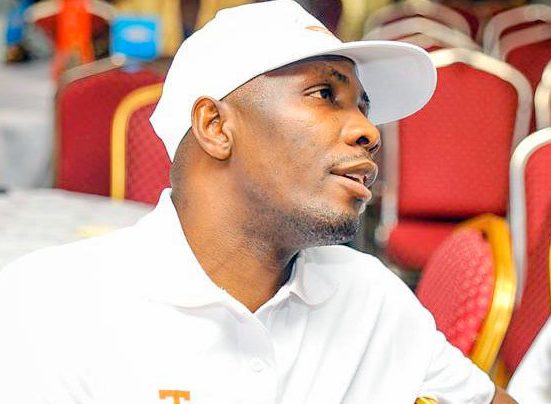
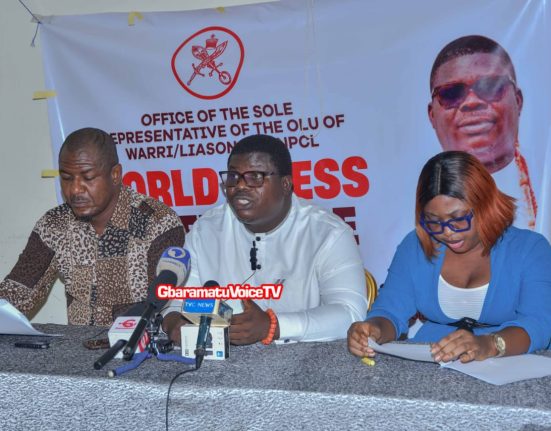
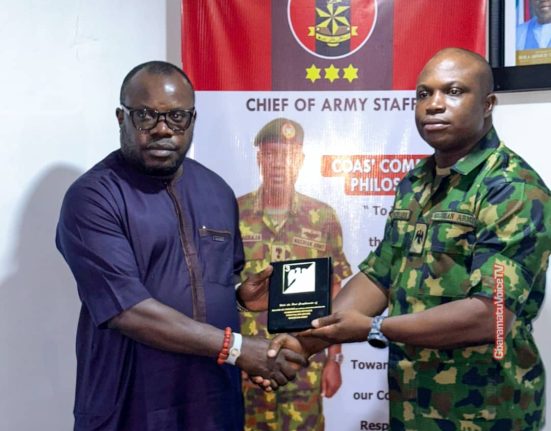
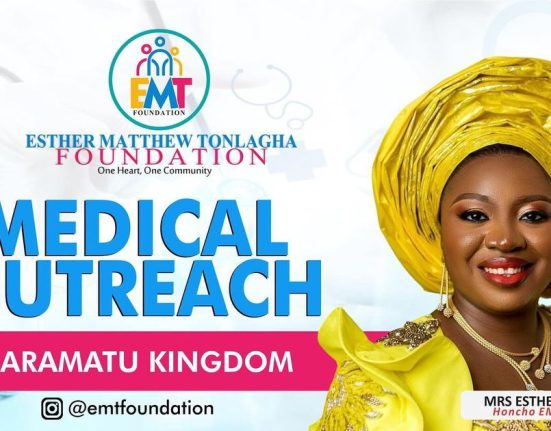


Leave feedback about this
You must be logged in to post a comment.